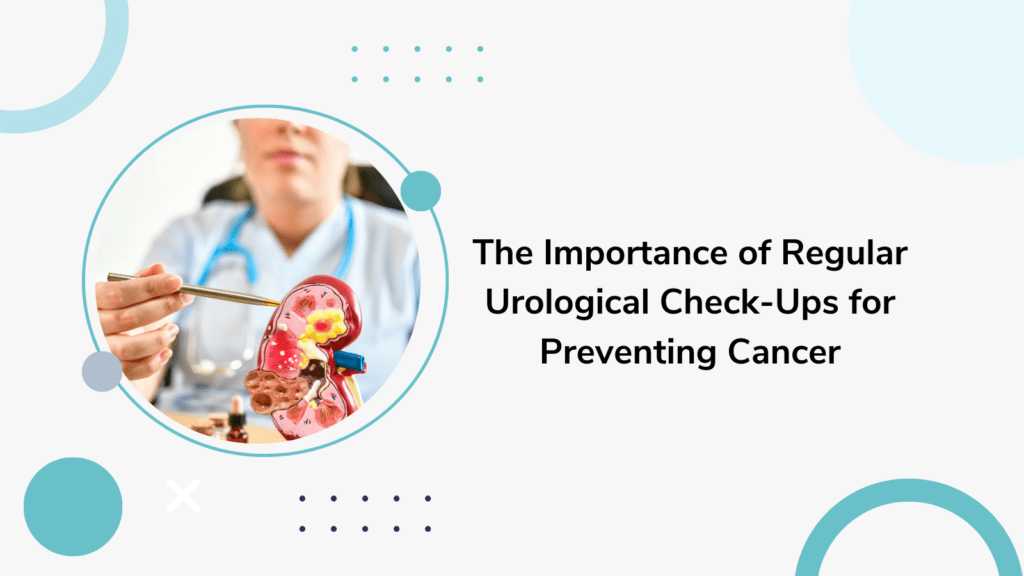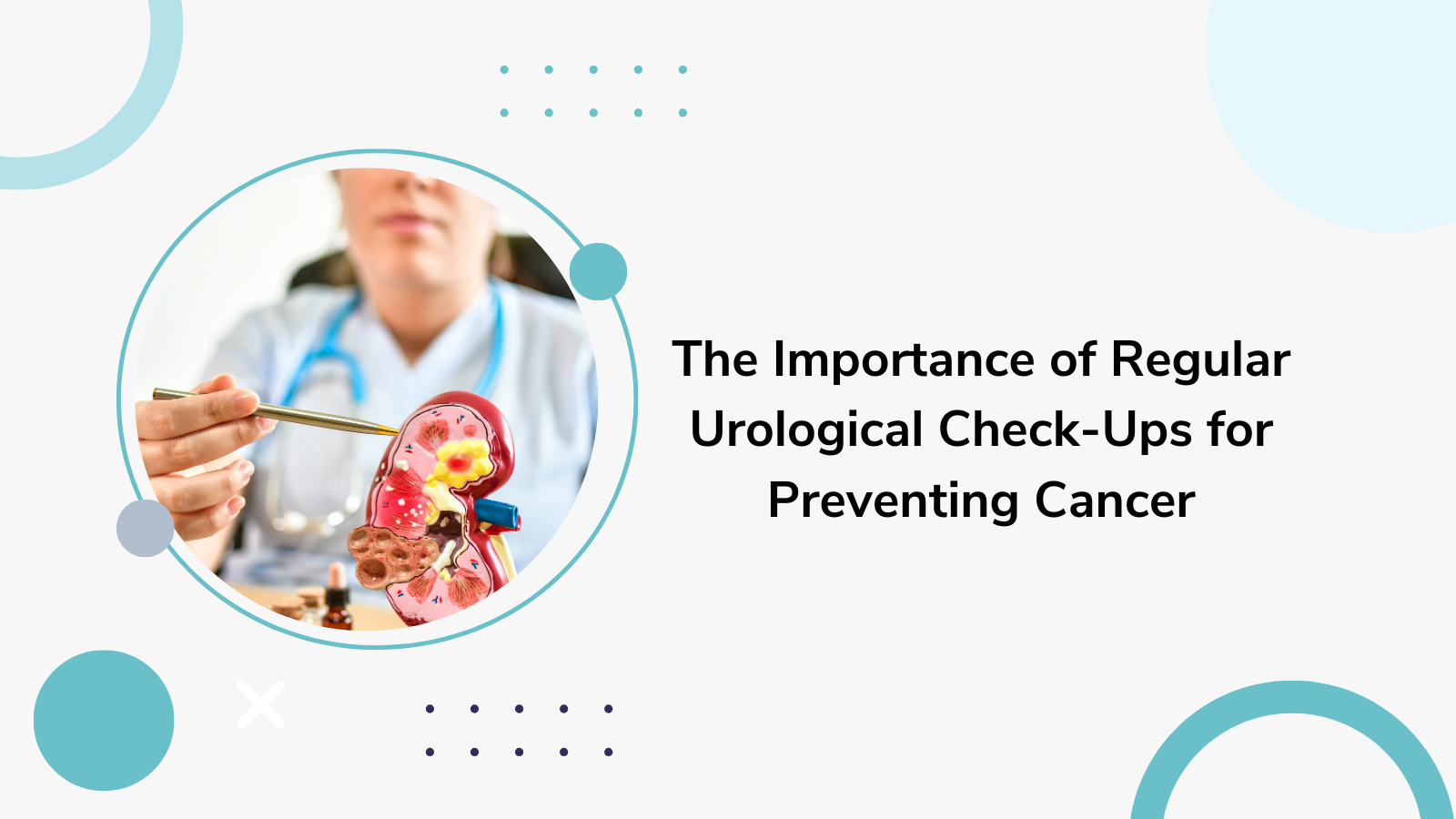
Regular urological check-ups play a crucial role in maintaining overall health and are especially important for the early detection and prevention of urological cancers. Cancers of the urinary system and male reproductive organs, such as prostate, bladder, kidney, and testicular cancers, can often be managed more effectively if detected early. Here’s why regular urological check-ups are essential for cancer prevention and what men need to know.
Early Detection Saves Lives
- Prostate Cancer: Prostate cancer is one of the most common cancers in men. Regular screening, including prostate-specific antigen (PSA) tests and digital rectal exams (DRE), can detect prostate cancer at an early stage when it is most treatable. Early detection can significantly reduce the risk of advanced disease and improve survival rates.
- Bladder Cancer: Early-stage bladder cancer may not cause noticeable symptoms. Regular check-ups, particularly for those at high risk (such as smokers or those with a family history of bladder cancer), can include urine tests and cystoscopy to detect abnormalities early, leading to more effective treatment.
- Kidney Cancer: Kidney cancer often does not show symptoms until it is advanced. Regular imaging tests, such as ultrasounds or CT scans, during check-ups can help detect kidney tumors early, when they are easier to treat.
- Testicular Cancer: Testicular cancer is most common in younger men and can be highly curable if detected early. Regular self-exams and check-ups can help identify any unusual lumps or changes, leading to prompt treatment.
Risk Factors and Screening
Understanding personal risk factors can help tailor a screening plan. Some key risk factors include:
- Age: The risk of prostate and bladder cancer increases with age.
- Family History: A family history of urological cancers can increase risk.
- Lifestyle Factors: Smoking, poor diet, and lack of exercise can contribute to the development of urological cancers.
- Medical History: Previous urological issues or treatments can also elevate risk.
Discussing these factors with a urologist can help determine the appropriate screening schedule and methods.
Comprehensive Check-Up Components
- Medical History Review: A detailed review of your medical history, including any symptoms, lifestyle factors, and family history of cancer.
- Physical Examination: This includes a genital and rectal exam to check for abnormalities.
- Laboratory Tests: Blood tests (including PSA for prostate cancer) and urine tests to check for signs of infection, blood, or cancer cells.
- Imaging Tests: Ultrasounds, CT scans, or MRIs to get detailed images of the urinary tract and detect any abnormalities.
- Specialized Tests: Depending on risk factors and symptoms, additional tests like cystoscopy or biopsy may be recommended.
Benefits of Regular Check-Ups
- Peace of Mind: Knowing that you are regularly monitored for potential issues can reduce anxiety and provide a sense of control over your health.
- Preventive Care: Regular check-ups allow for the identification and management of risk factors, such as high blood pressure or diabetes, which can impact urological health.
- Timely Treatment: Early detection of cancer or pre-cancerous conditions allows for a broader range of treatment options, which are often less invasive and more effective than those for advanced cancer.
- Improved Outcomes: Regular monitoring and early intervention can significantly improve treatment outcomes and survival rates for urological cancers.
Taking Action
To ensure the best outcomes, men should:
- Schedule Regular Check-Ups: Work with your healthcare provider to determine the appropriate frequency of check-ups based on your risk factors and age.
- Stay Informed: Keep up-to-date with the latest guidelines and advancements in urological health.
- Adopt a Healthy Lifestyle: Maintain a balanced diet, exercise regularly, avoid smoking, and limit alcohol consumption to reduce the risk of urological cancers.
- Perform Self-Exams: Regular self-examinations, especially for testicular cancer, can help detect changes early.


